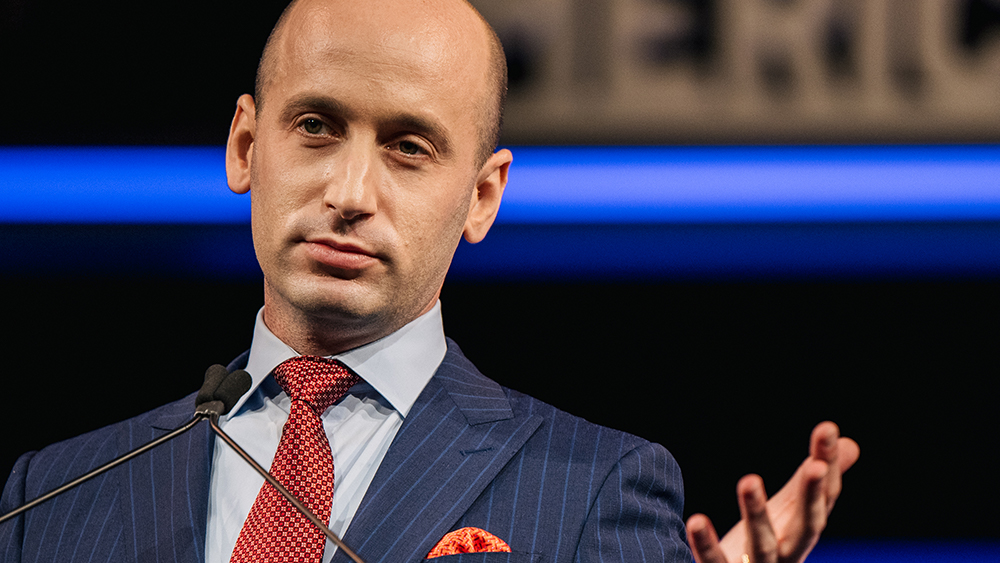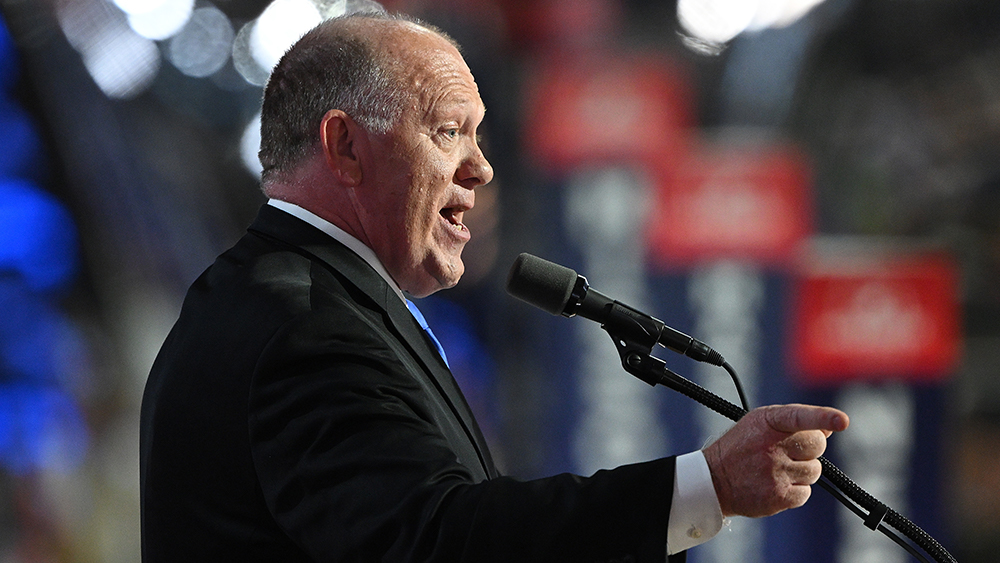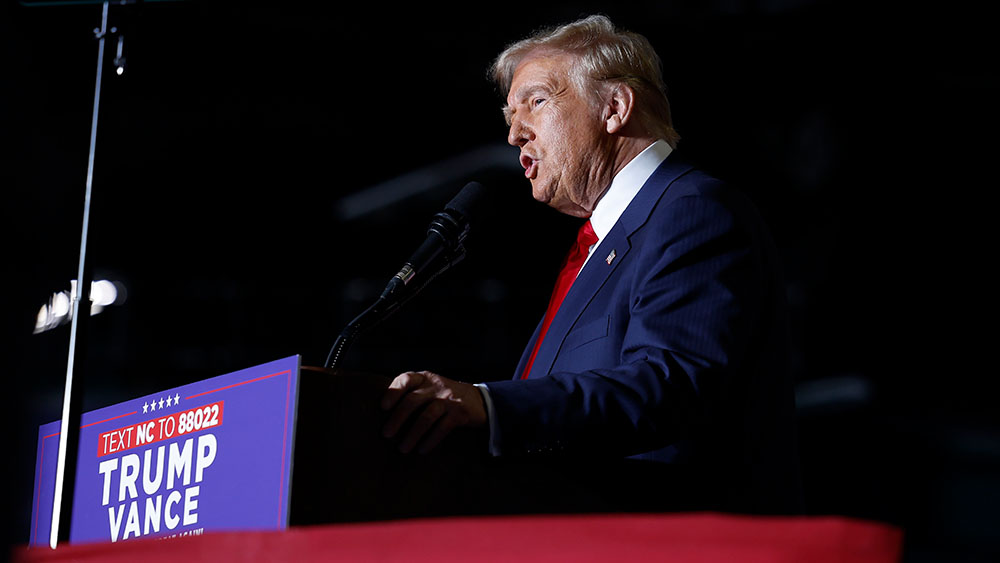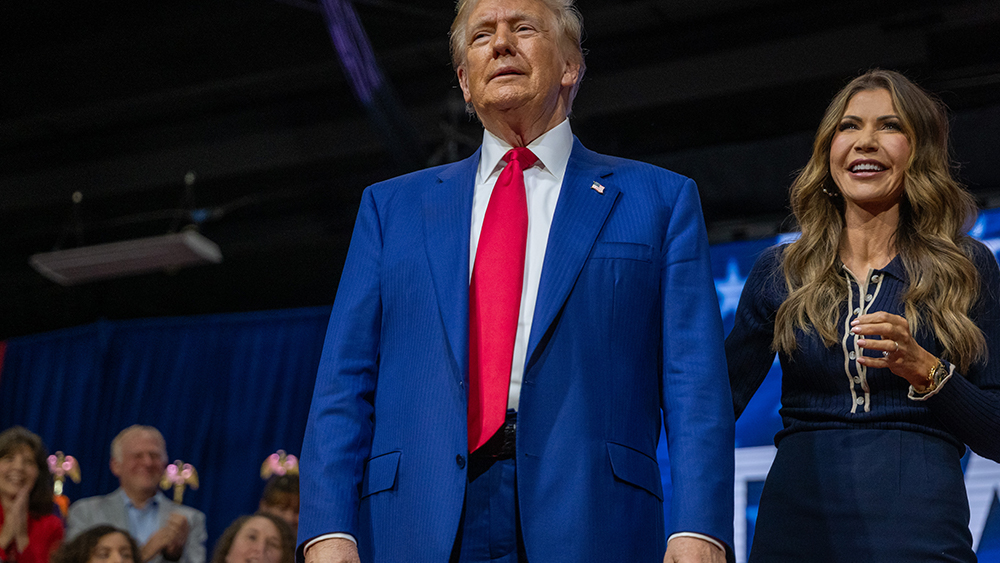 Parler
Parler Gab
Gab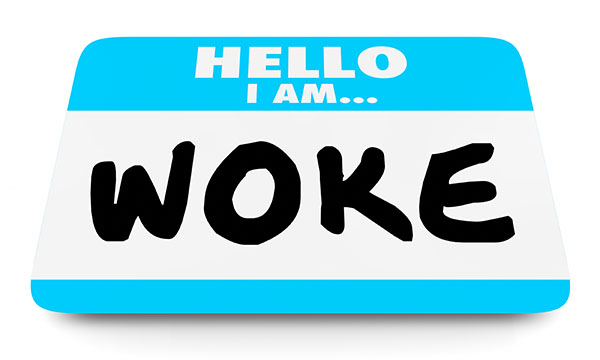
- PBS has announced the closure of its Diversity, Equity and Inclusion (DEI) office in compliance with President Donald Trump’s executive orders, which target DEI programs across government and federally funded institutions, marking a significant shift in the cultural landscape.
- This move is seen as a victory for conservatives who argue for meritocracy over identity politics. It aligns with a broader trend, as major corporations like McDonald’s, Meta, Walmart and John Deere have also scaled back their DEI initiatives, signaling a shift away from identity-based programs.
- The rise and fall of DEI programs reflect ongoing debates about addressing historical inequities versus fostering unity. Critics argue that DEI initiatives can create division and bureaucracy, while supporters see them as essential for promoting fairness and inclusion.
- Despite closing its DEI office, PBS President and CEO Paula Kerger emphasized the organization's commitment to remaining a "welcoming place for everyone." The challenge now is to ensure that PBS's programming continues to reflect the diversity of America without relying on divisive ideologies.
- The closure of PBS’s DEI office is part of a larger cultural shift, with implications for how American institutions will address diversity and inclusion moving forward. This move reflects a growing backlash against perceived overreach of DEI efforts and a desire to return to values of individual merit and shared purpose.
The end of an era: DEI’s rise and fall
The DEI movement gained momentum in the wake of the 2020 social justice protests, with corporations, universities and government agencies rushing to establish offices and hire diversity officers. PBS, a publicly funded broadcaster, launched its DEI office in 2021, hiring Cecilia Loving as Senior Vice President of Diversity, Equity and Inclusion and Gina Leow as Director. Their roles included evaluating business practices, fostering internal DEI commitments and supporting public television stations in their diversity efforts. However, critics argue that DEI initiatives often prioritize identity over merit, creating bureaucratic bloat and fostering division rather than unity. President Trump’s executive orders, signed within weeks of his return to office, sought to dismantle these programs, calling them wasteful and counterproductive. “To ensure that we comply with the President’s Executive Order, we have closed our DEI office, and Cecilia Loving and Gina Leow are leaving PBS,” PBS President and CEO Paula Kerger wrote in a memo to staff. “I know you join me in wishing them well in future endeavors.” While Kerger emphasized PBS’s commitment to remaining a “welcoming place for everyone,” the closure of the DEI office underscores a broader rejection of the ideology that has dominated public discourse for years.A return to merit-based values
The shuttering of PBS’s DEI office is part of a larger trend. Major corporations like McDonald’s, Meta, Walmart and John Deere have scaled back their DEI programs in recent months, signaling a shift away from identity-based initiatives. For conservatives, this represents a return to foundational American values of individual merit and equal opportunity. “DEI programs have become a symbol of everything wrong with modern bureaucracy,” said one conservative commentator. “They prioritize group identity over individual achievement, creating resentment and division rather than fostering unity. President Trump’s actions are a step toward restoring fairness and meritocracy in our institutions.” The move also reflects a growing backlash against the perceived overreach of DEI initiatives. Critics argue that these programs often impose ideological conformity, stifling free speech and open debate. By dismantling DEI offices, institutions like PBS are reclaiming their focus on their core missions—in PBS’s case, educating and inspiring all Americans, regardless of background.Historical context: A nation divided no more?
The debate over DEI is not new. It echoes earlier struggles over affirmative action and identity politics, which have long been contentious issues in American society. While proponents argue that DEI programs are necessary to address historical inequities, opponents contend that they perpetuate division by categorizing individuals based on race, gender, or other identities. President Trump’s executive orders represent a bold attempt to reset this narrative, prioritizing unity over division and merit over identity. As PBS and other institutions comply with these orders, they are sending a clear message: America’s strength lies in its commitment to individual achievement and shared values, not in the fracturing of society along identity lines.Looking ahead: A new chapter for PBS and beyond
PBS’s decision to close its DEI office is a watershed moment, but it is also a reminder of the work that remains. While the broadcaster has pledged to remain inclusive, the challenge will be to ensure that its programming reflects the diversity of America without resorting to divisive ideologies. For conservatives, this is a moment of optimism. As DEI programs are rolled back across the country, there is hope that America can move beyond the identity politics of the past decade and embrace a future defined by unity, merit and shared purpose. In the words of PBS’s statement, the broadcaster will “continue to reflect all of America and remain a welcoming place for everyone.” But with the DEI office shuttered, it is clear that the era of identity-based initiatives is coming to an end—and not a moment too soon. As the nation watches this cultural shift unfold, one thing is certain: the fight for America’s soul is far from over. But with leaders like President Trump taking bold action, there is hope that the values of meritocracy and individual achievement will prevail. Sources include: Breitbart.com FoxNews.com TheHill.comSteven Miller disembowels CNN when they try to defend government fraud
By News Editors // Share
SECURE BORDERS: Trump’s border czar reports historic low in illegal immigrant encounters
By Willow Tohi // Share
Trump declares war on DOJ corruption, orders immediate firing of all Biden-era attorneys
By Willow Tohi // Share
Trump voices out FRUSTRATION toward critics of his Ukraine peace plan, including Zelensky
By Ramon Tomey // Share
Trump ejects from the Ukraine joyride, leaving the EU screaming in the backseat
By News Editors // Share
Governments continue to obscure COVID-19 vaccine data amid rising concerns over excess deaths
By patricklewis // Share
Tech giant Microsoft backs EXTINCTION with its support of carbon capture programs
By ramontomeydw // Share
Germany to resume arms exports to Israel despite repeated ceasefire violations
By isabelle // Share
